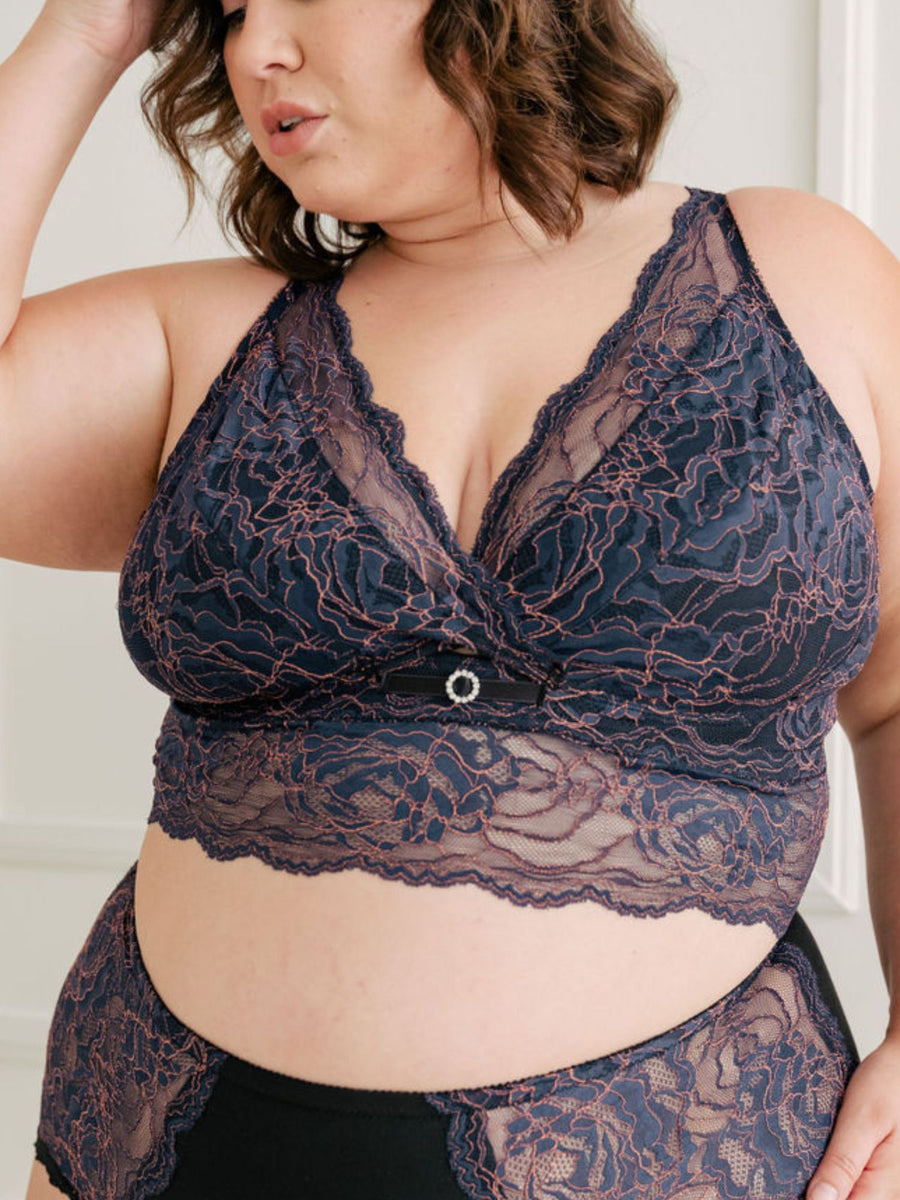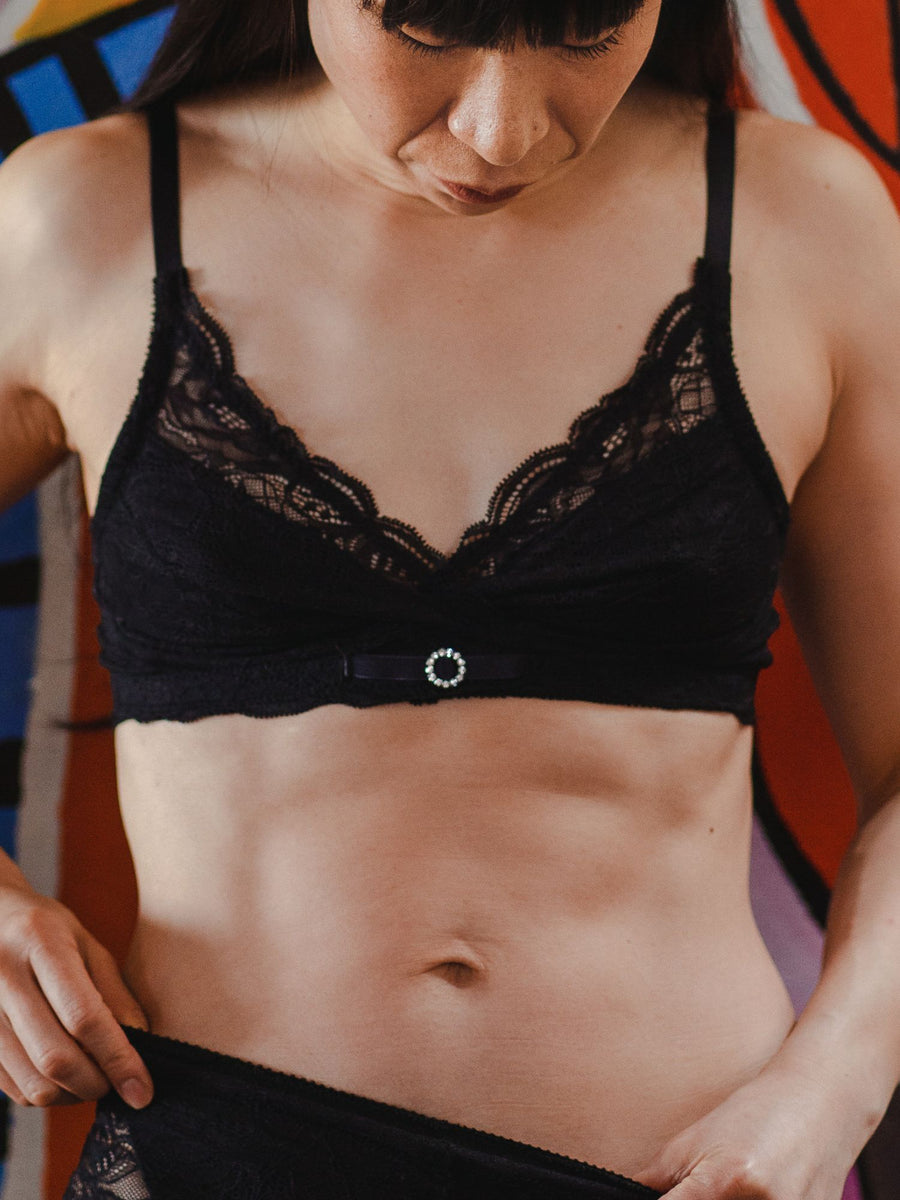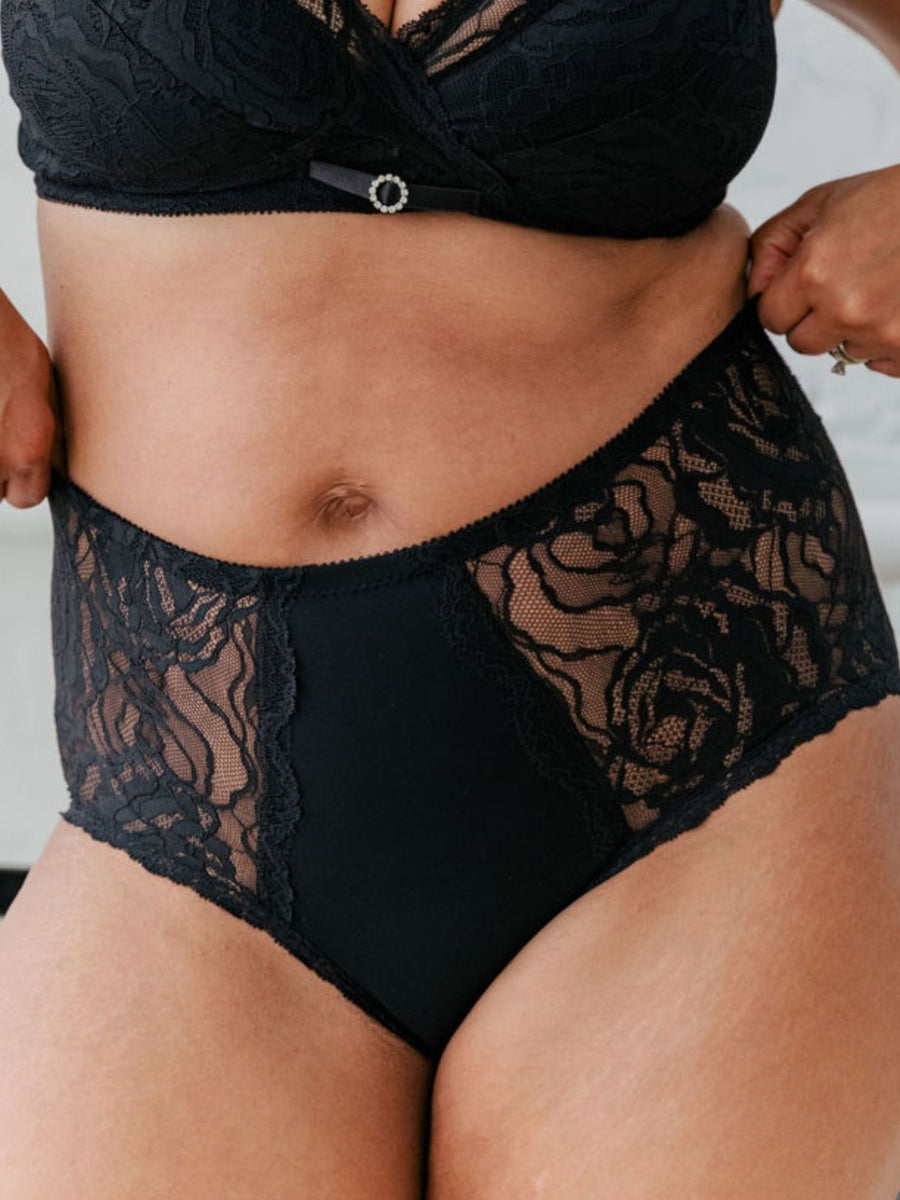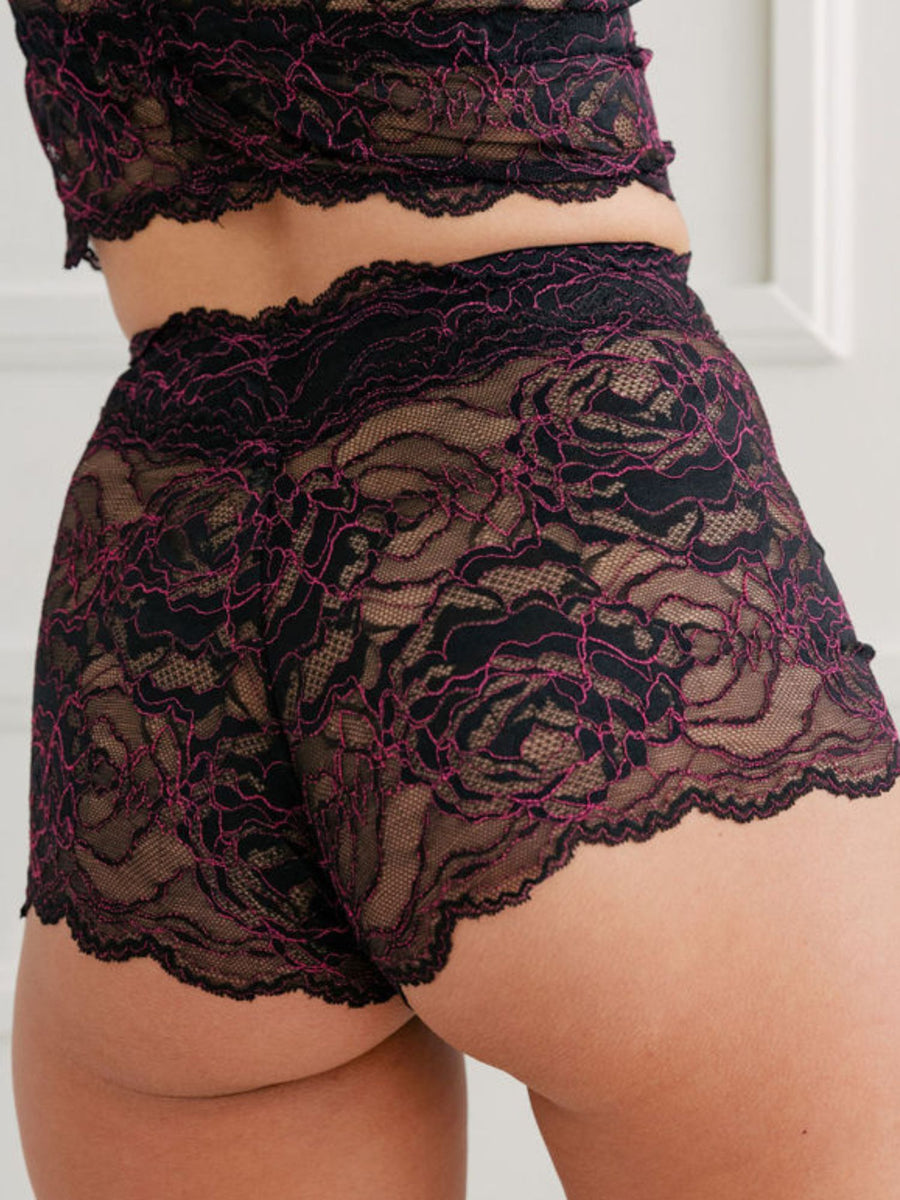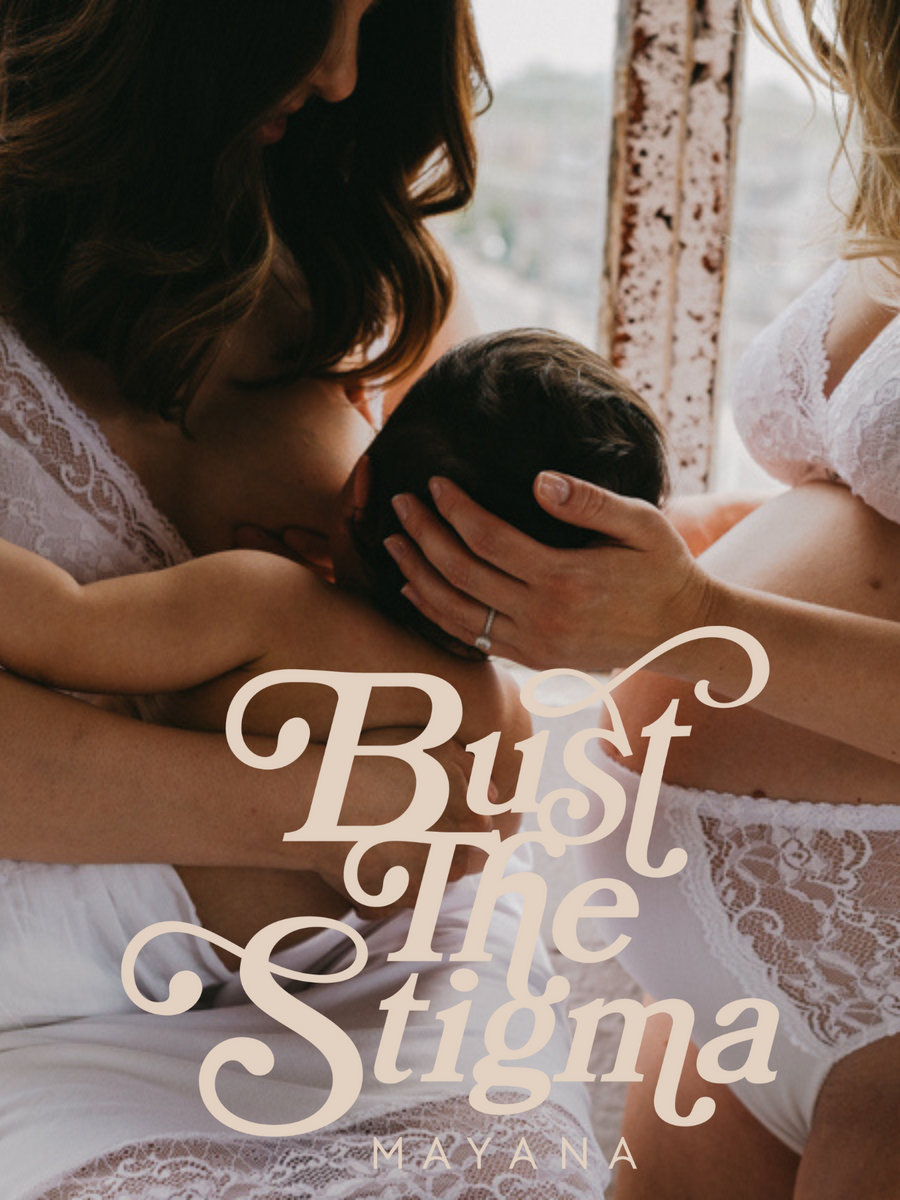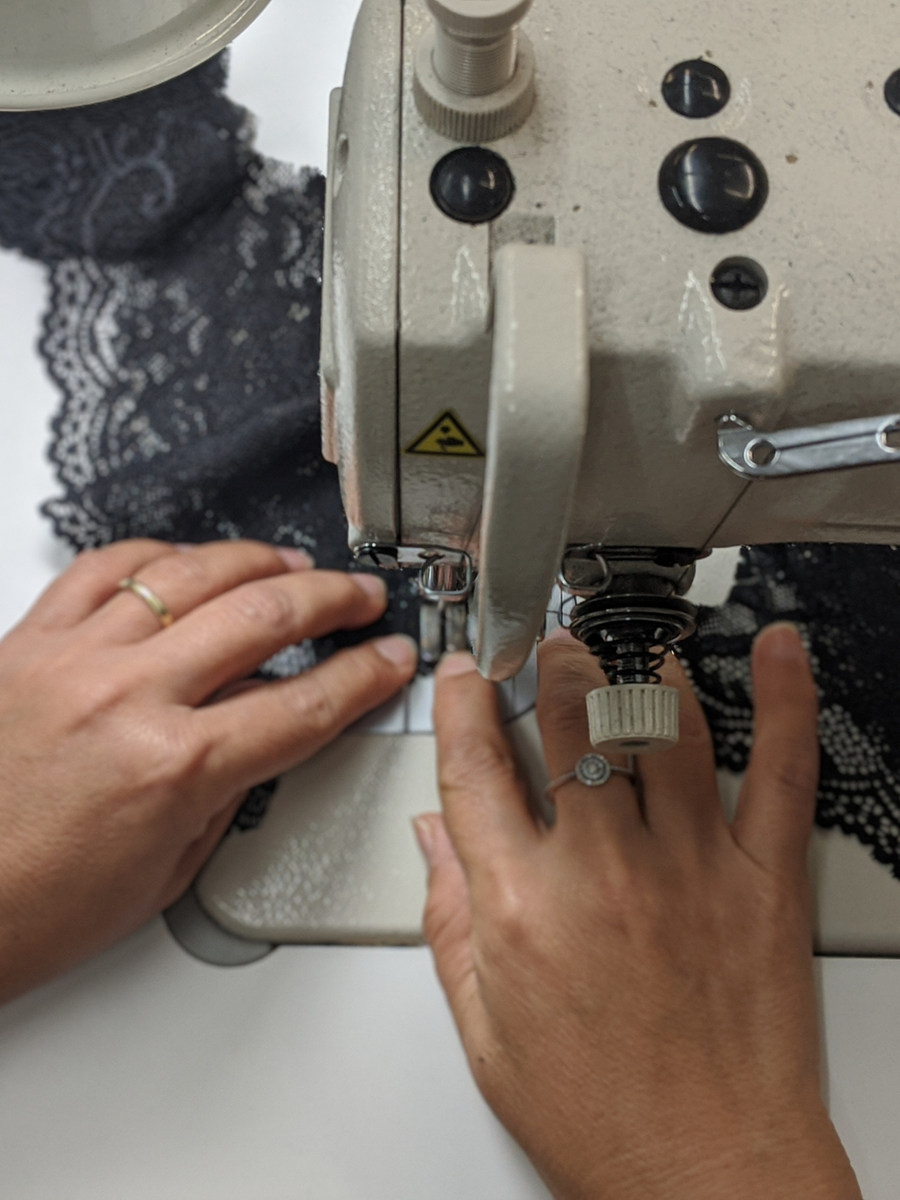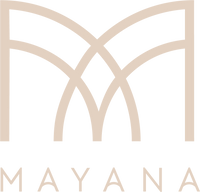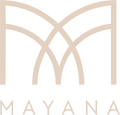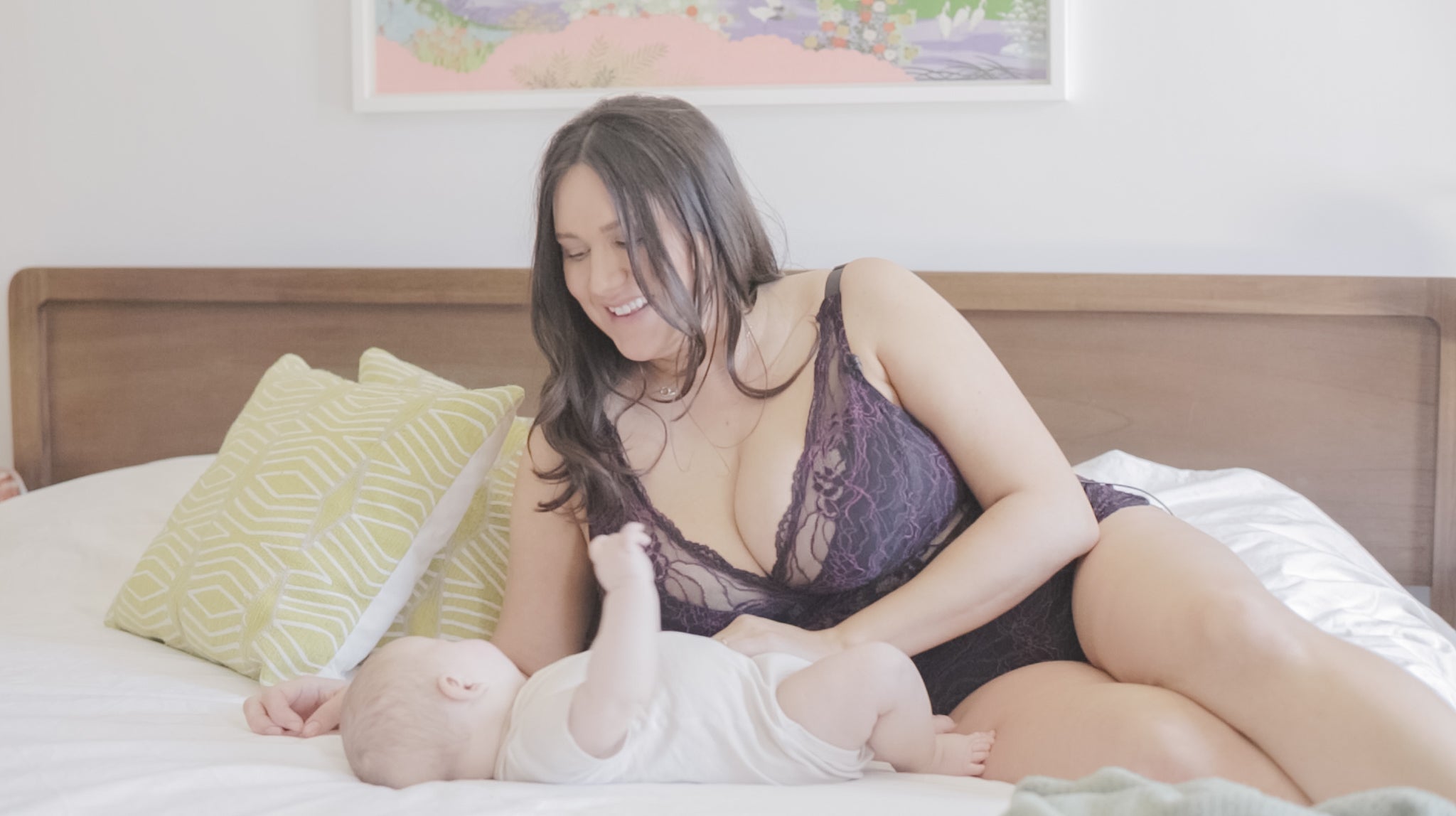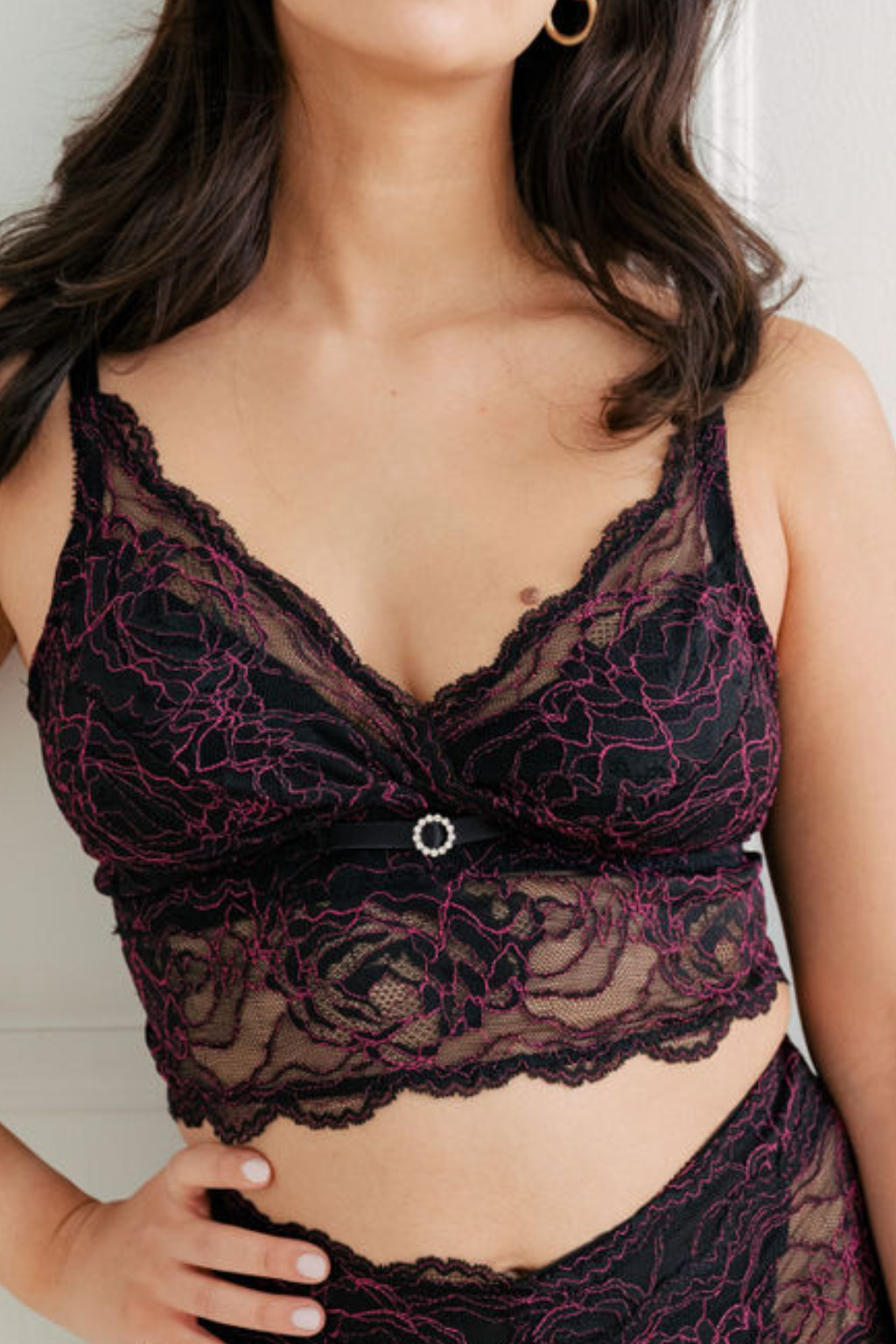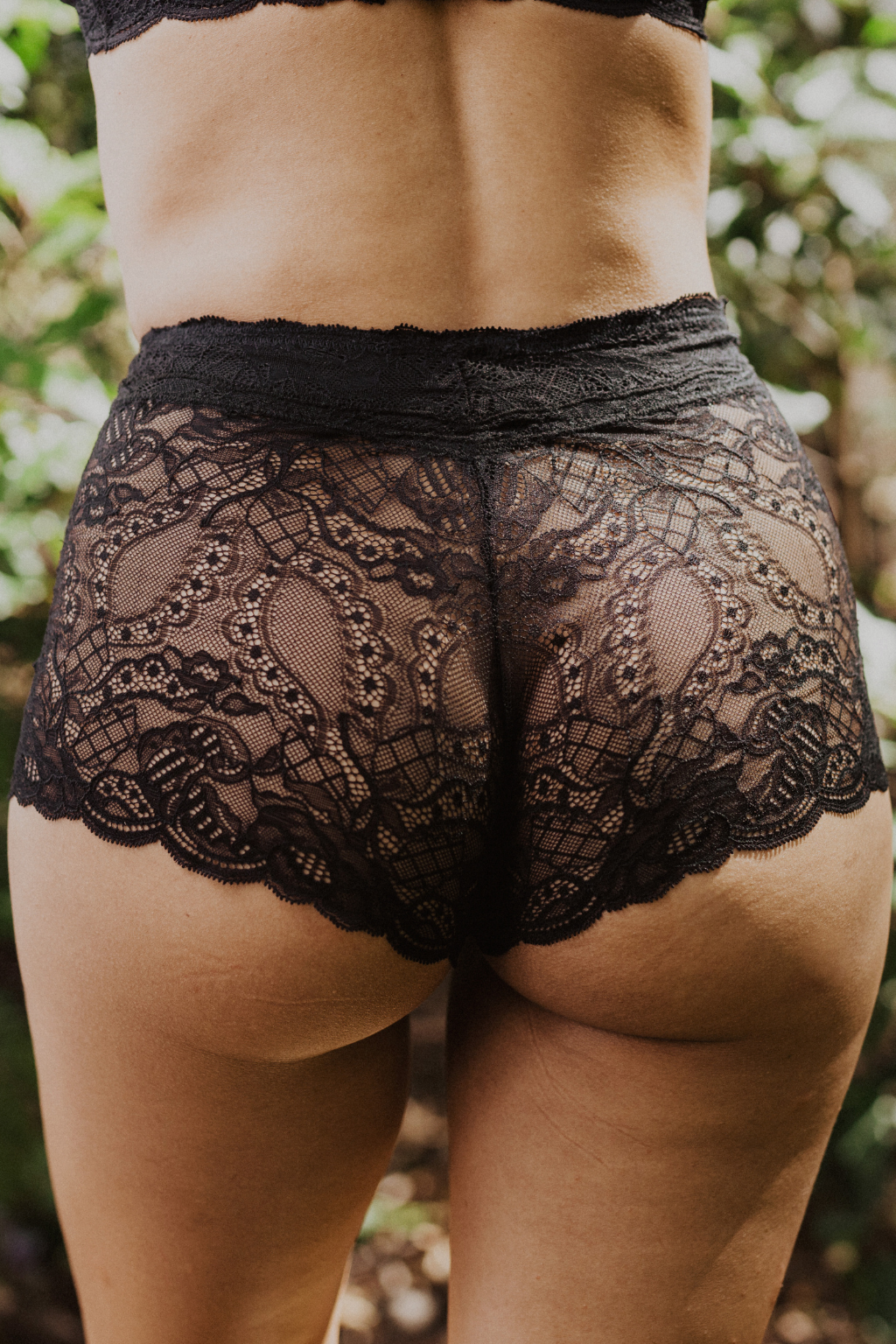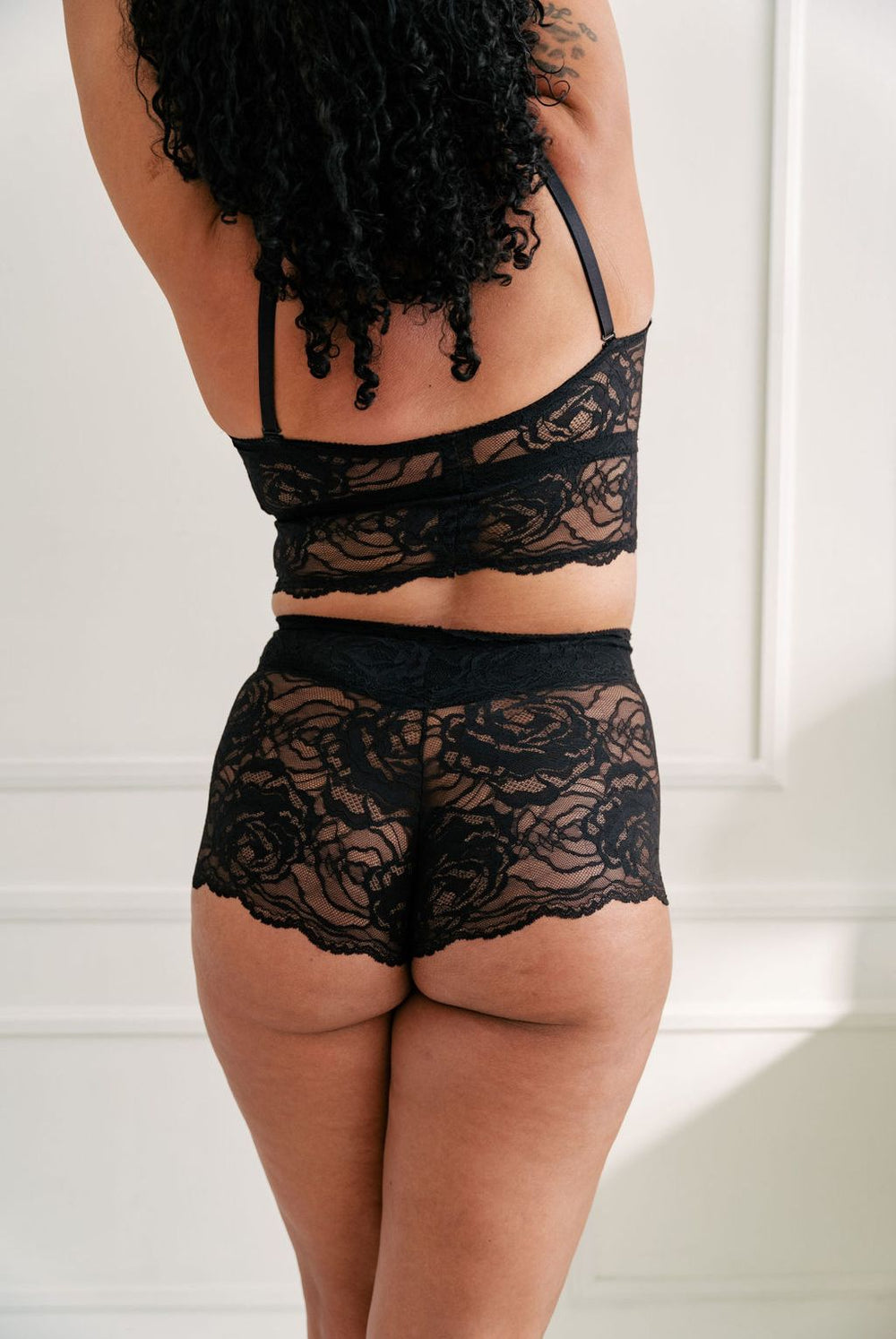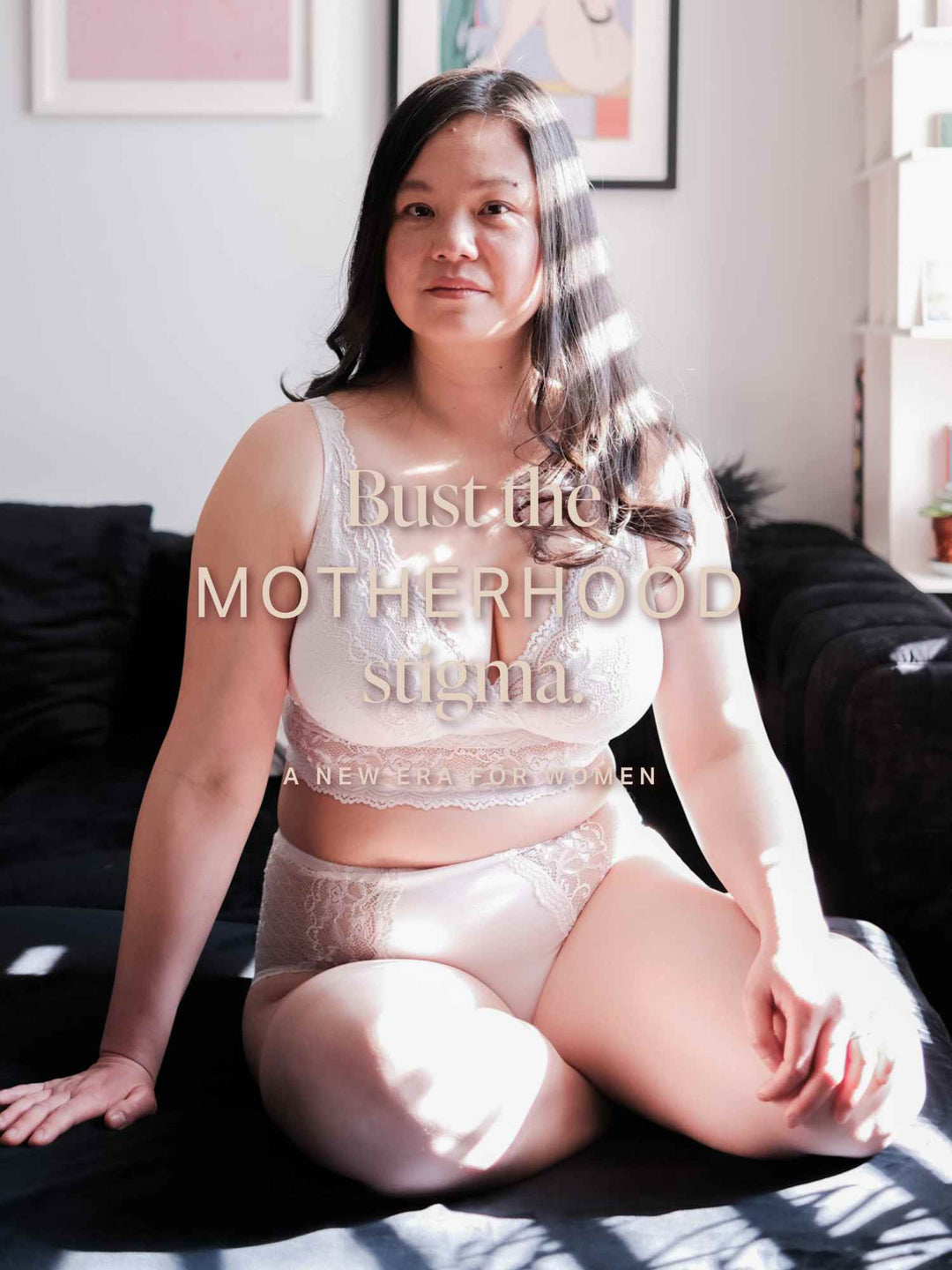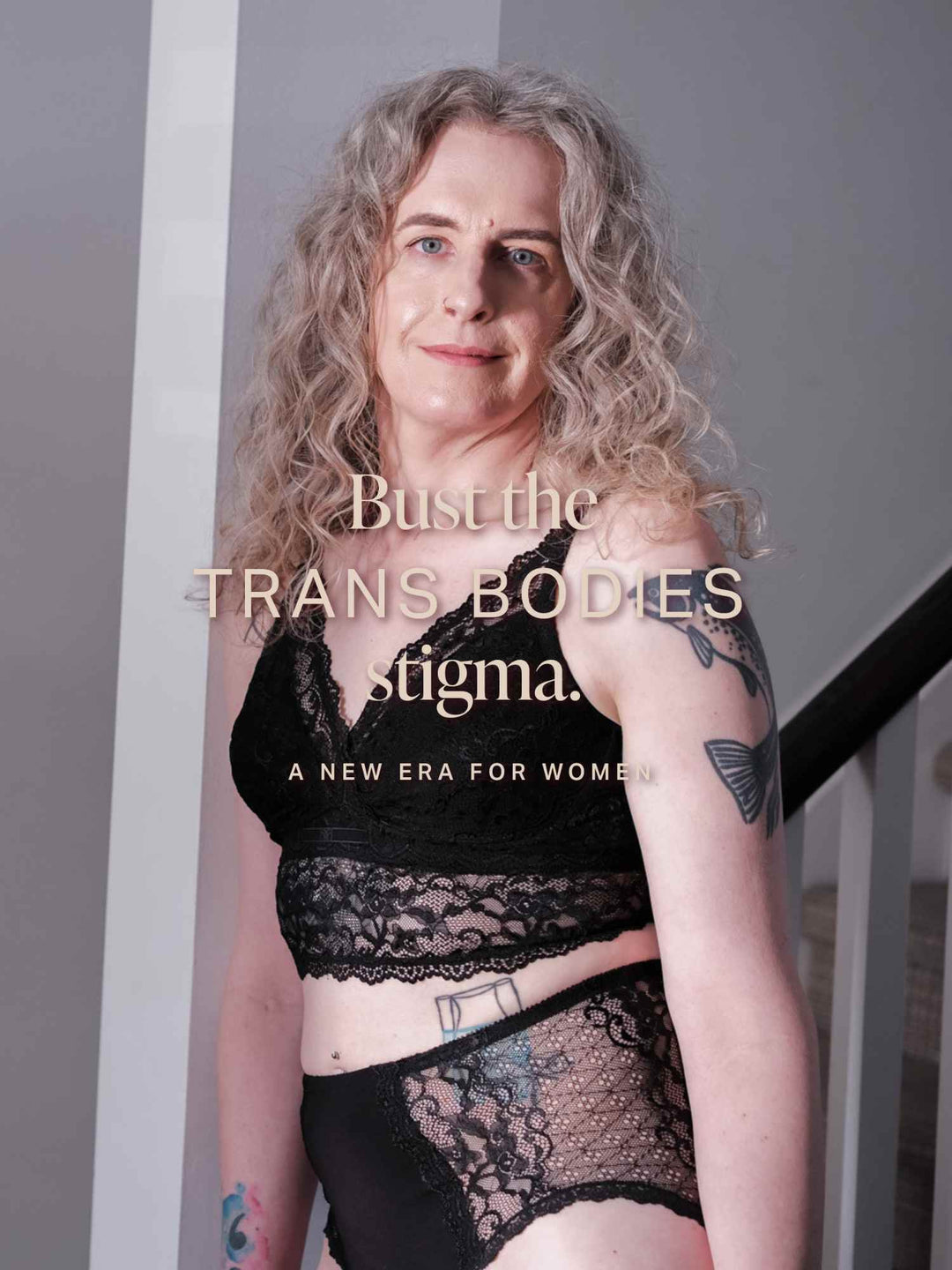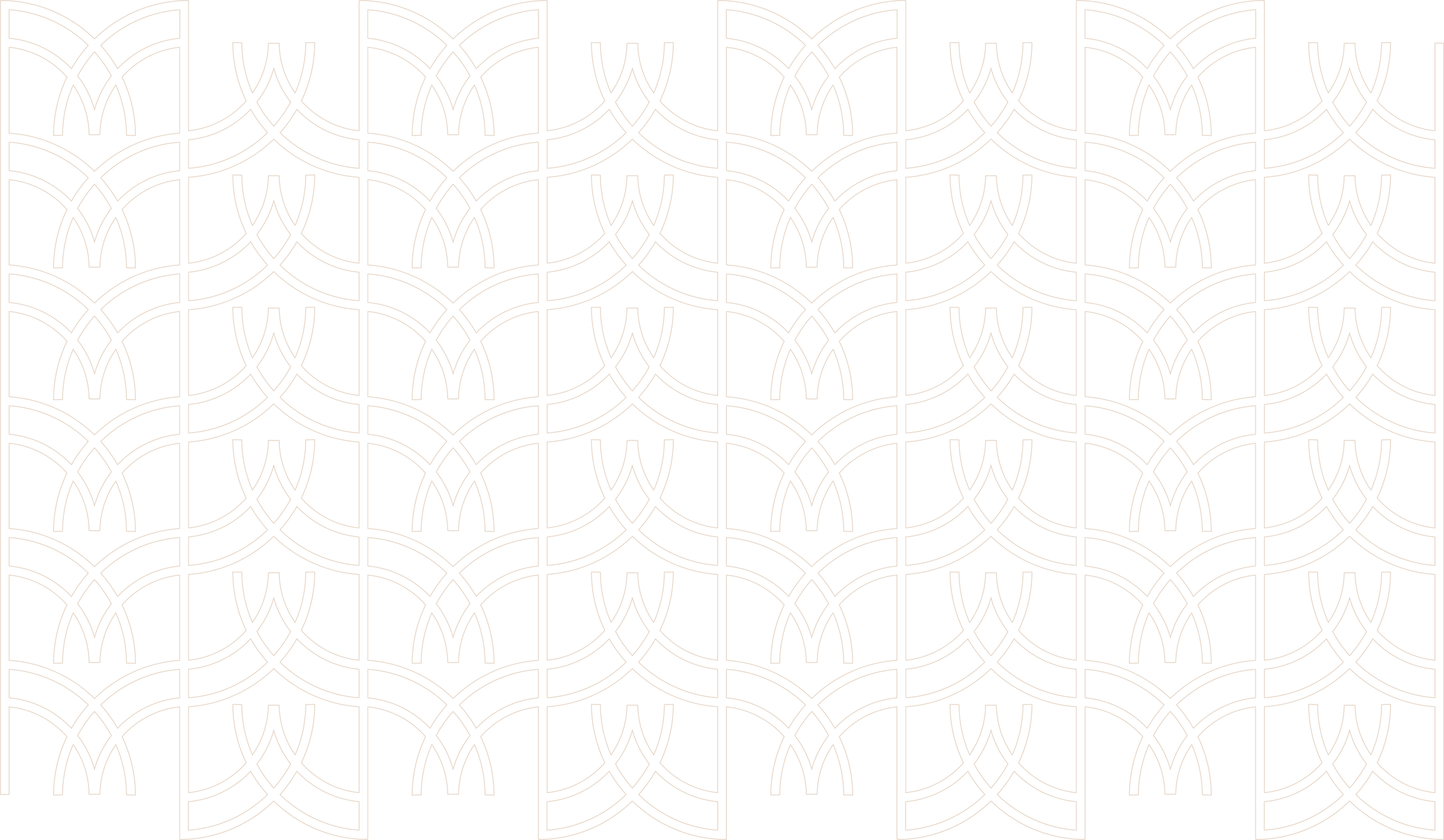
Motherhood Is an Act of Colonial Resistance and We Need to Talk About It.
When we talk about motherhood, the images we’re shown are almost always filtered through a Eurocentric lens: soft pastels, tidy narratives, and ideals that rarely reflect the real, complex, and powerful experiences of women outside that frame. That’s why this feature matters.
Madeline Wilson Shaw, a Haudenosaunee creative and mother, reminds us that motherhood is also resistance. Her story carries the weight of colonial disruption. Her father was adopted away from his mother and community at birth, and her grandmother was a survivor of the Indian Day School system. She chooses to reclaim what was taken: language, culture, and the right to raise her children with intention.
In a country where Indigenous children make up over 52% of kids in foster care despite being just 7.7% of the population, Madeline’s motherhood is a declaration that love, belonging, and culture are birthrights that cannot be erased.
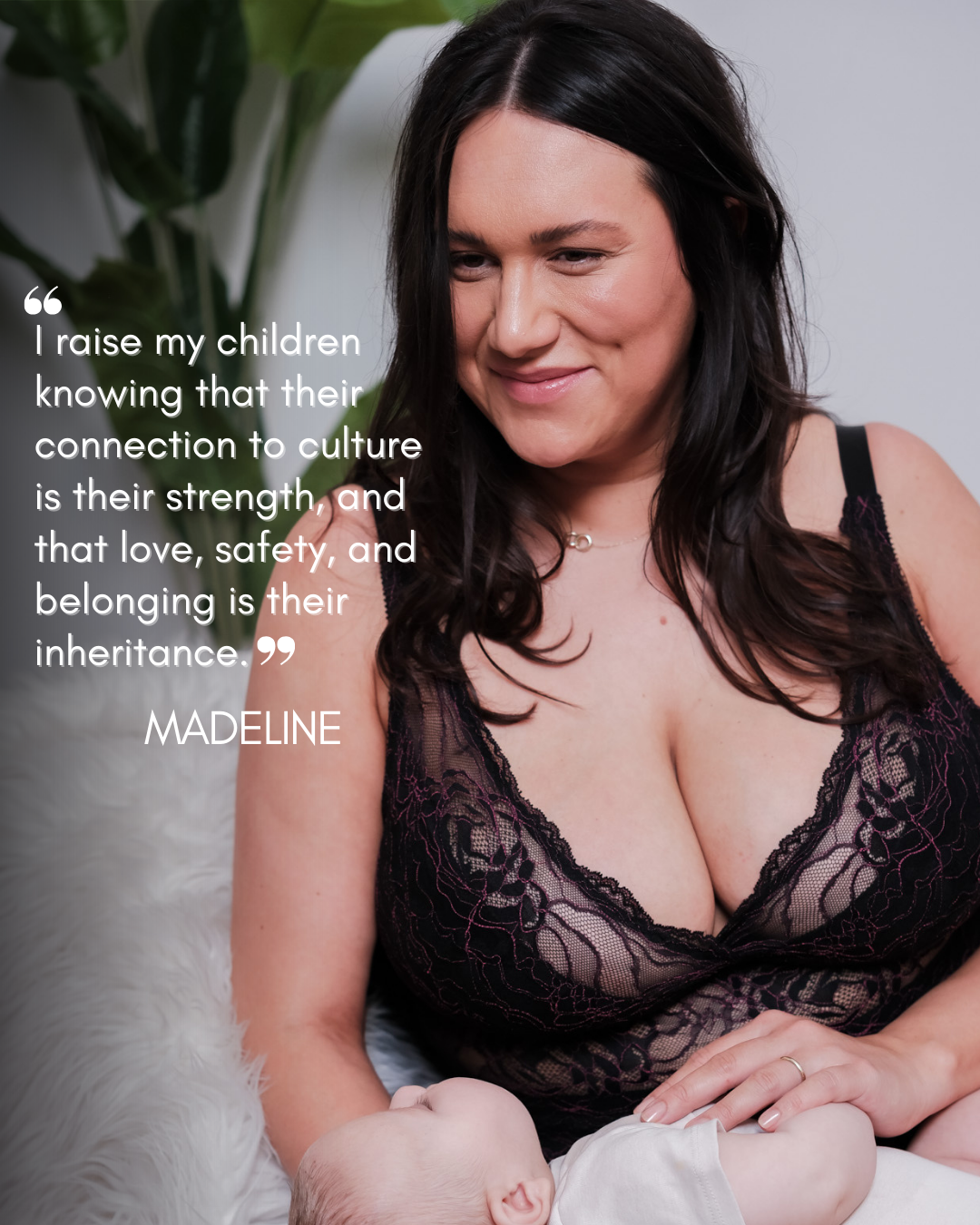
What does intergenerational wellness mean to you?
Intergenerational wellness, to me, is the restoration of what colonialism tried to destroy: our stories, our languages, our ceremonies, and our relationships to one another, our identity and our futures.
Intergeneration wellness is about supporting not just our children, but our parents, aunties, and grandparents as they navigate the impacts of trauma.
For me, this work began with piecing together my family’s story, understanding how the Indian Day School system shaped my grandmother, how my father was taken from her at birth, and how that legacy exists in our family.
Intergenerational wellness is about reclaiming language, honouring teachings, and rebuilding family systems that centre cultural strength, emotional safety, and spiritual integrity. It is how we begin to thrive again.
FACT: Canada’s discriminatory policies against indigenous families continues today through forced removals and systemic discrimination. Canada’s history of the Residential School system spanned over 150 years, where more than 150,000 children were taken away from their families.
The harm continued through the 60s (the Sixties Scoop), when thousands of Indigenous children were adopted into non-Indigenous homes as an effort to sever their children from their community, culture, and practising their language (National Centre for Truth and Reconciliation)
Featuring Madeline in our Bust the Stigma series felt important because her story disrupts the single story of what motherhood is “supposed” to look like. She shows us that mothering can be an act of reclamation, of healing, and of fierce protection for future generations.
You mention your grandmother not being allowed to raise her babies—how does that history shape how you parent today?
My Grandmother was a young woman who didn’t have the power to fight back when her children were taken from her.
Her experience taught me to be strong and to fight for my children and myself. Being able to raise my children is not something I take for granted; it’s a profound privilege and an act of reclamation. Daily acts like caring for our children and learning our language are political acts, as necessary to sovereignty and healing as broad political action.
They took away mothers to destroy our people. By removing children from their mothers through the Scoop and residential schools, colonial powers struck at the very heart of who we are. My motherhood is my answer to that violence. Motherhood is critical to healing our people.
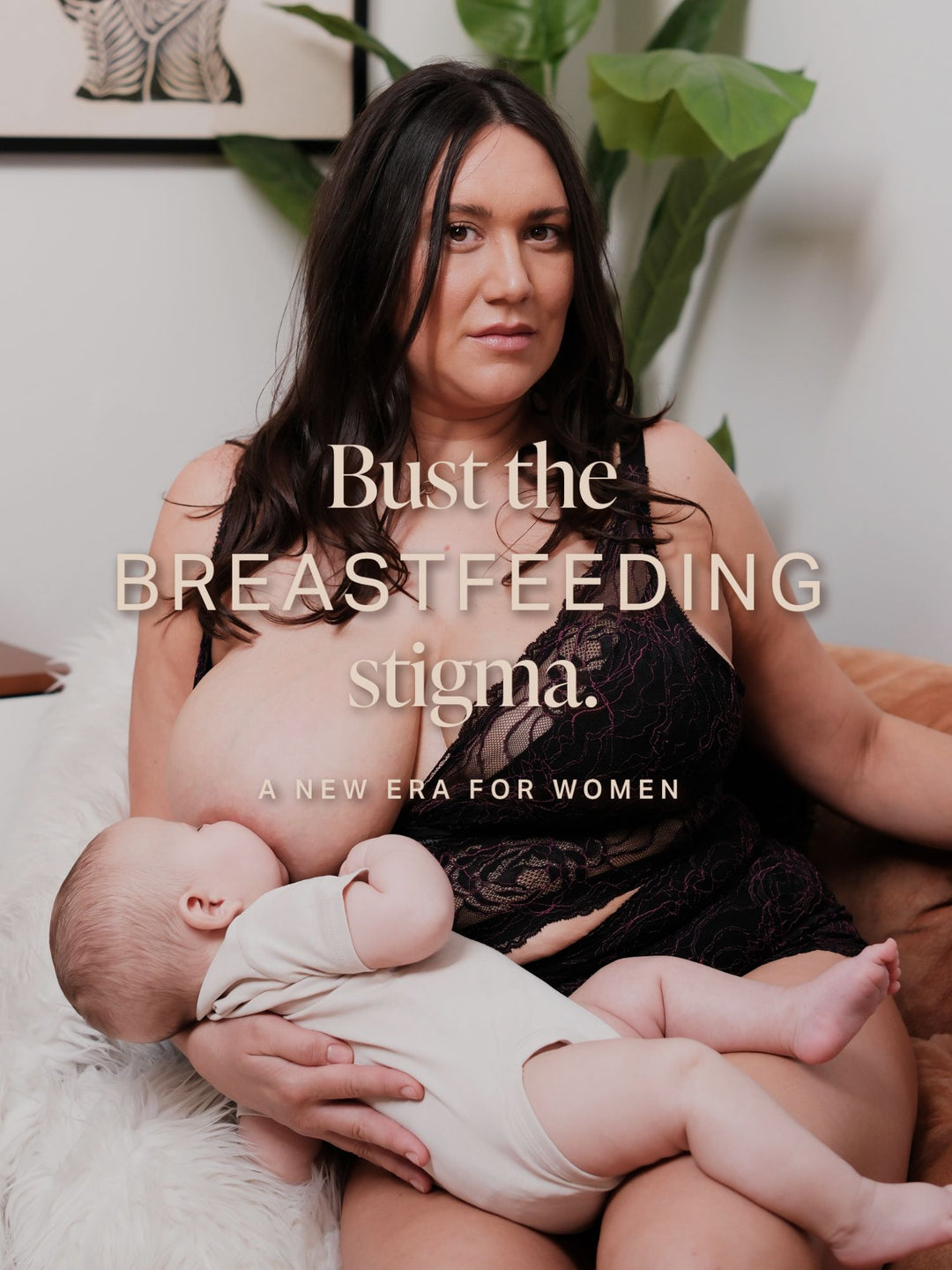
FACT: The impact of colonization on traditional knowledge transmission has disrupted breastfeeding practices among Indigenous women, leading to a loss of knowledge and support from Elders and grandmothers. (Alberta Health Services)
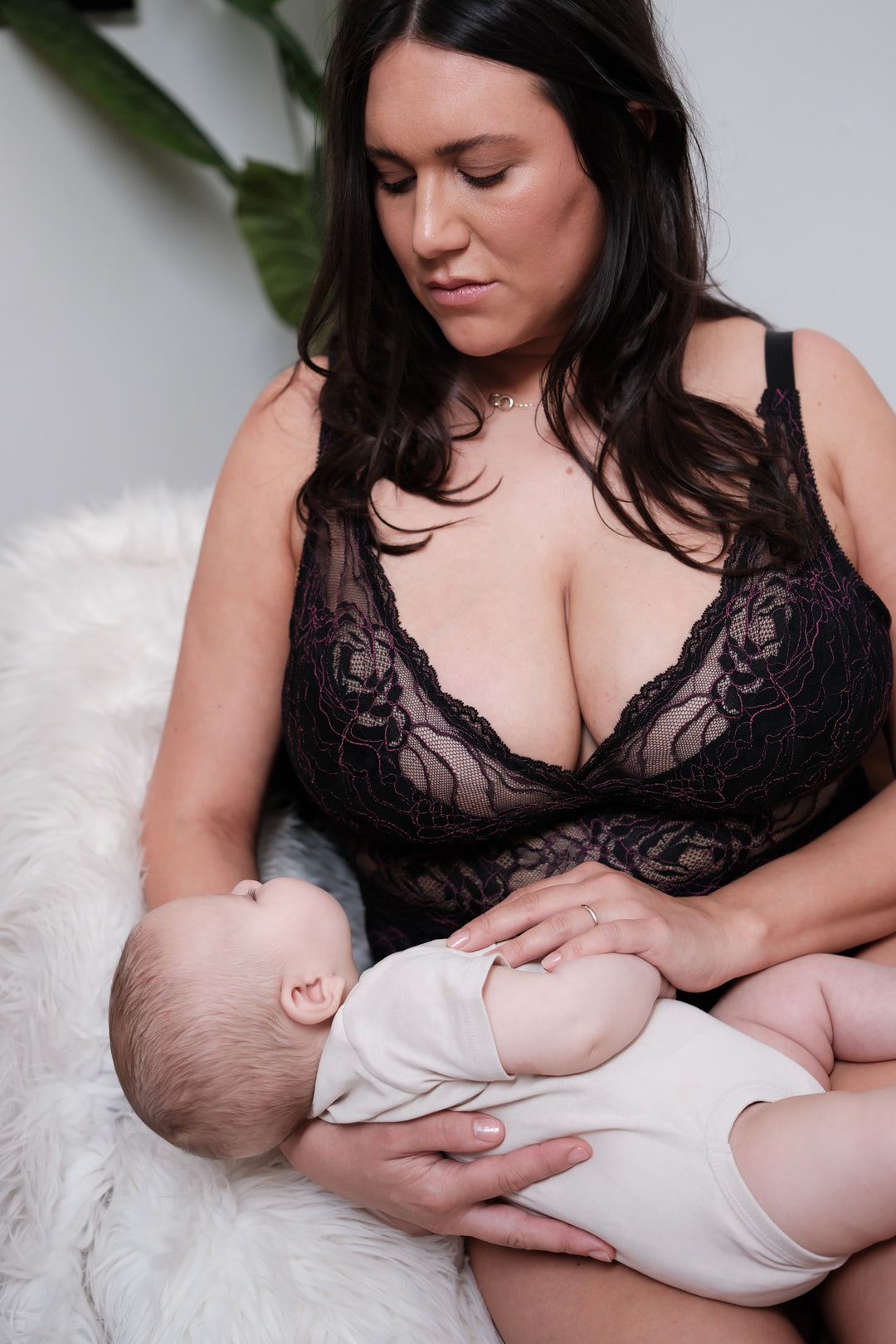
How do you balance acknowledging generational trauma?
We cannot heal what we don’t name. I believe generational trauma travels through families until someone chooses to stop and feel it. That’s part of my responsibility.
I hold space for the grief and the anger, but I make space for joy, laughter, and dreaming forward. My story isn’t only about what was lost. It’s about what’s being reclaimed.
Reframing doesn’t mean ignoring the pain, but refusing to let it define the future. In choosing to mother differently, to speak my language, to reconnect with community, I’m writing a new chapter rooted in strength, not just survival.
Watch Madeline's Story
Madeline's Measurements:
Madeline is wearing Nikki Longline in size 3XL and Lenea Control Boy shorts L in performance Lace Black and Fushcia - for nursing and postpartum support.
Chest Wall: 43 in
Bust: 50 in
Under Bust: 39.5 in
Waist: 39 in
Hip: 43.5 in
Connect with Madeline
Madeline Wilson Shaw is a Haudenosaunee creative, mother of four, key note speaker and advocate for intergenerational healing. She has a rich background in communications, politics, and the music industry, and is currently the President and Creative Producer at Indian and Cowboy Creative Media In. Madeline is also the co-founder of The Decolonial Little Library, a grassroots initiative that promotes Indigenous storytelling and literature to foster cultural awareness.
Through her work and storytelling, Madeline continues to inspire and lead conversations on healing, culture, and community. You can connect with Madeline and explore her work through the following platforms:
- Instagram: @madceremony
- Twitter: @madswilson
- The Decolonial Little Library: @decoloniallittlelibrary
- Website: https://www.indianandcowboycreative.com/
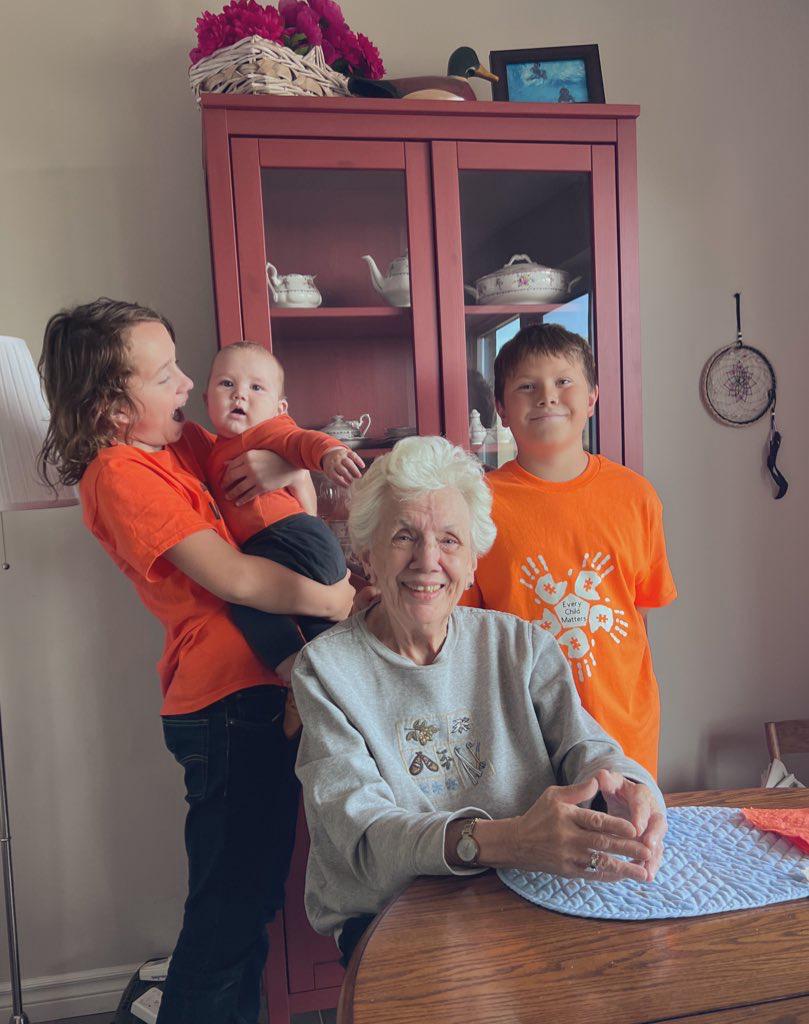
In Loving Memory of Mary Jane Konnakari Lazare (Madeline's Grandmother with her great grandchildren)
Learn More: Our Responsibility in Truth and Reconciliation
As settlers and allies, we share a responsibility to hold Canada accountable to the Truth and Reconciliation Commission’s Calls to Action. These 94 commitments are not suggestions, they are pathways to justice, healing, and meaningful change for Indigenous families and communities. Learning, unlearning, and acting on these calls is how we move beyond words toward true reconciliation.
